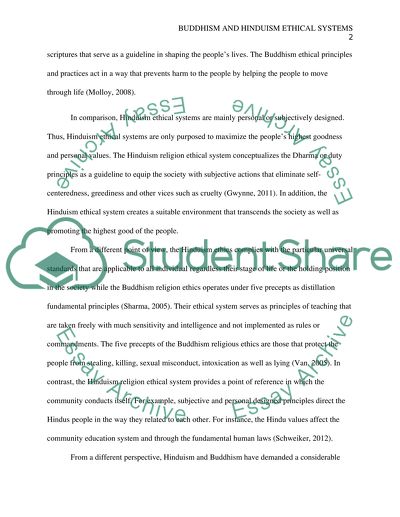Cite this document
(“Buddhism and Hinduism Ethical Systems Essay Example | Topics and Well Written Essays - 1250 words”, n.d.)
Retrieved from https://studentshare.org/religion-and-theology/1671823-buddhism-and-hinduism-ethical-systems
Retrieved from https://studentshare.org/religion-and-theology/1671823-buddhism-and-hinduism-ethical-systems
(Buddhism and Hinduism Ethical Systems Essay Example | Topics and Well Written Essays - 1250 Words)
https://studentshare.org/religion-and-theology/1671823-buddhism-and-hinduism-ethical-systems.
https://studentshare.org/religion-and-theology/1671823-buddhism-and-hinduism-ethical-systems.
“Buddhism and Hinduism Ethical Systems Essay Example | Topics and Well Written Essays - 1250 Words”, n.d. https://studentshare.org/religion-and-theology/1671823-buddhism-and-hinduism-ethical-systems.


